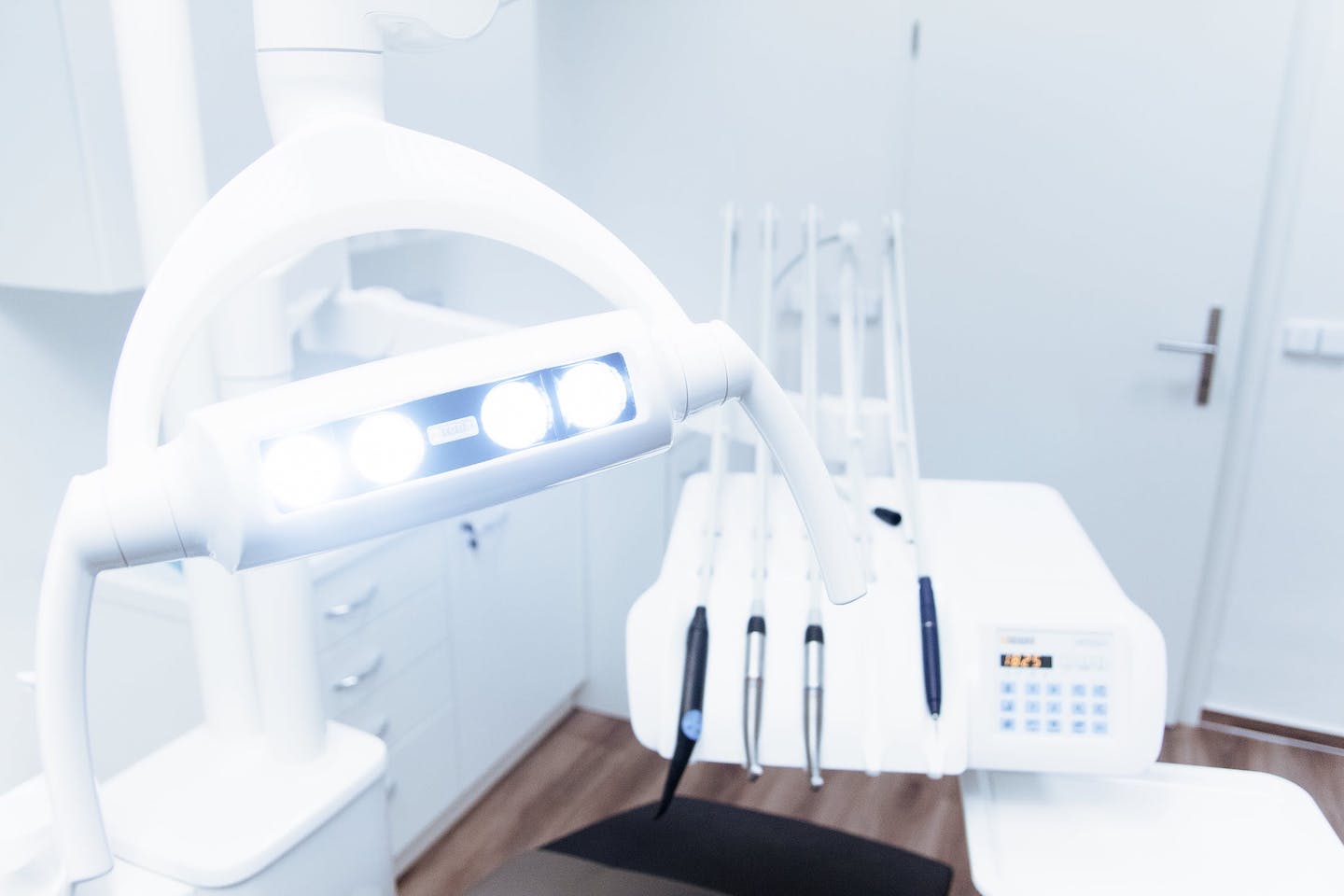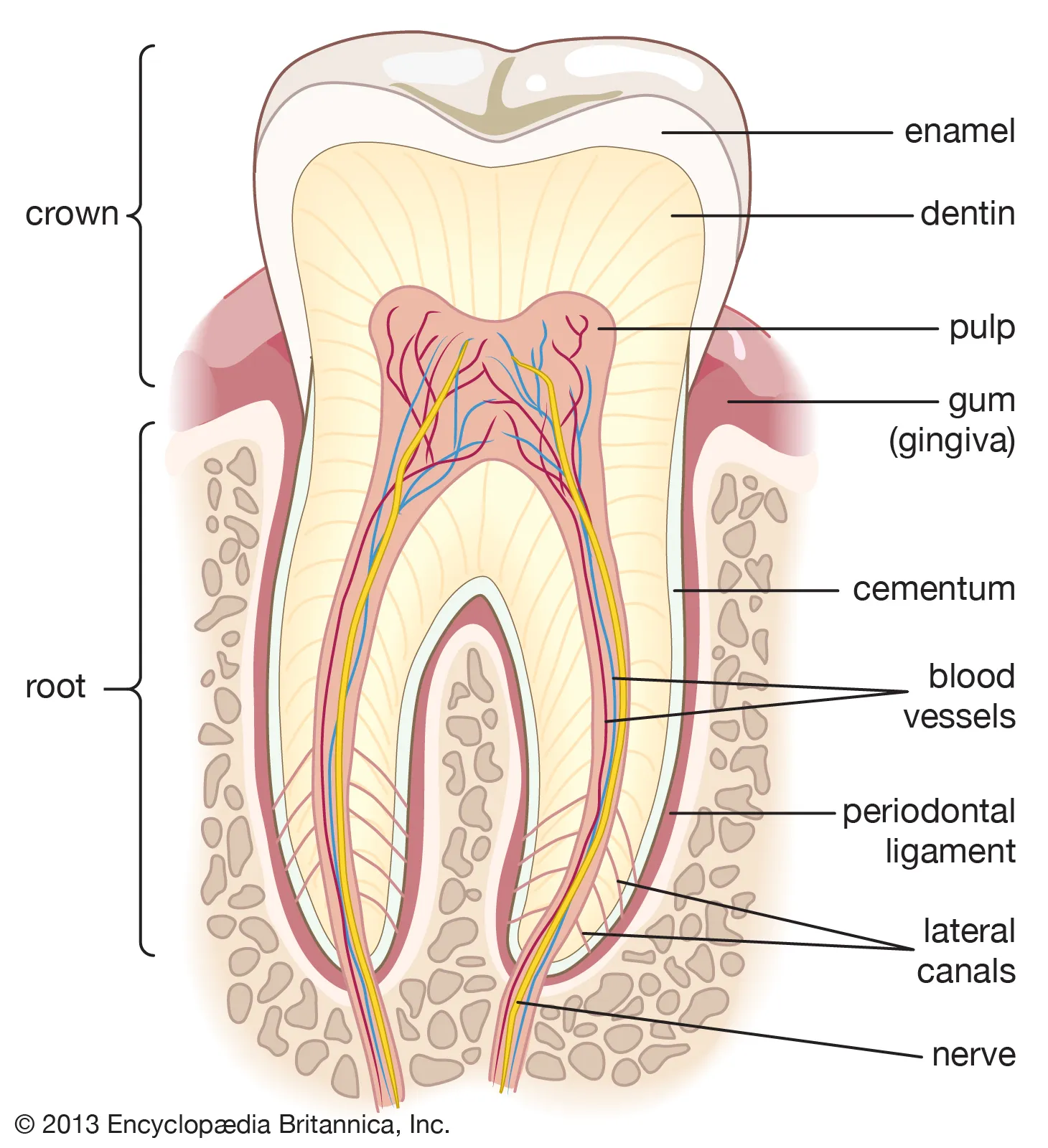How Long Does Teeth Sensitivity Last After Teeth Whitening?

Teeth Whitening is undoubtedly one of the most popular Cosmetic Dentistry procedures in the United States. It is a quick, easy, and relatively affordable procedure that promises a smile that you will absolutely love.
And if you are one of those looking to get the Teeth Whitening procedure done to enhance the beauty of your smile, then you may have also heard of the accompanying teeth sensitivity that it brings.
Is there any truth to this? The last thing you want is to find out the answer when you are already experiencing it. In this article, we shed light on the link between teeth whitening and teeth sensitivity by bringing you all the facts and information you need to know!
Read along if you’re ready to learn more!
Teeth Whitening 101: The Basics
Teeth discoloration is the most common reason why patients opt for the teeth whitening treatment. And there are many reasons why the teeth can be discolored. Such as:
- Yellowish and lackluster teeth due to aging
- Stained teeth of those avid wine, coffee, or tea drinkers
- Nicotine stains evident on the teeth of smokers
- Dental trauma or teeth decay
Generally, most surface stains can be fixed with the teeth whitening treatment. However, the standard whitening process will usually not work for intrinsic stains, such as those that are caused by trauma to the teeth, and for dental crowns or dental implants. For this, consult with your dentist on the most suitable procedure for you.
How does Teeth Whitening Work?
Professional teeth whitening1 can be performed in the dental clinic for In Office Teeth Whitening or in the comfort of your home through At Home Teeth Whitening. Both procedures use bleaching agents like hydrogen peroxide or calcium peroxide to whiten the teeth. At safe concentrations of about 35% hydrogen peroxide2, the enamel or the outer surface of the teeth whitens to the shade that you prefer!
- In Office Teeth Whitening Procedure
This is done in the dental clinic and with the supervision of your cosmetic dentist so you are guaranteed of an overall safe and efficient teeth whitening treatment. The process starts by applying protective gel on your gums and lips to prevent irritation. Then, the whitening gel is applied on the teeth and a laser blue light is reflected against the gel to accelerate teeth bleaching.
Done in just 40 minutes, In Office Teeth Whitening can whiten your teeth up to 8 shades lighter! - At Home Teeth Whitening
If you want teeth whitening treatment done your way, consider teeth whitening kits prescribed by your dentist. These kits include customized dental trays that perfectly fit your teeth and a bleaching gel. You are to dispense the bleaching gel onto the tray and slot it in your teeth for about 2 hours a day. The best part? You can continue doing this until you reach the shade of white you prefer!
Teeth whitening strips are also an affordable choice but they are not as effective and are likely to wear off in just a few weeks. The American Dental Association recommends that teeth whitening be done only upon dentist consultation.
After teeth whitening, you can expect the results to last a few months to 3 years. This ultimately varies from person to person and depends on your oral hygiene status.
What are the Side Effects of Teeth Whitening?
Now we discuss the other side of the coin. Teeth Whitening sure can bring you a plethora of goodness. Because after all, a beautiful smile can give you more confidence and you just feel much better about yourself. But what about the ugly part? Today, we will share with you the whole truth about the side effects of teeth whitening.
| Tooth Sensitivity | Bottomline. Yes, teeth whitening can bring some sensitivity. Some may experience extreme tooth sensitivity especially with partaking hot or cold food while others do not feel a thing. The level of sensitivity is brought about by factors such as the anatomical and physiological composition of the teeth, presence of decay or gum disease, and tooth wear and tear. These things we will elaborate as you read further! |
| Gum Irritation | Another side effect is gum irritation that may manifest as gum redness or inflammation. Other patients may also feel a burning sensation on their gums during and after teeth whitening procedure. This is why during In Office Teeth Whitening, your dentist applies a protective gel on your gum tissues to avoid risking your gums. |
How does Tooth Sensitivity Happen?

To understand how the phenomenon of tooth sensitivity happens, let us first discuss the parts of the tooth.
So your tooth crown is composed of 3 major parts─ the enamel which is the outer surface and hardest structure of the body, the dentin in the middle which houses dentinal tubules that transmits sensations from the enamel to the innermost area of the tooth, and the pulp where the nerves and blood vessels are. The nerves relay sensations of your teeth to the brain and this includes the feeling of pain and tooth sensitivity.
Meanwhile, the tooth root does not have any enamel. Only a thin layer of cementum shields the dentin and the tooth pulp.
Tooth sensitivity primarily occurs when the protective enamel layer has worn away or if the tooth root is exposed. This leaves the dentinal tubules4 exposed and the feeling of pain or discomfort travels from the dentin to the pulp. The pulp, where the nerve endings are, allow you to experience varying levels of sensitivity depending on how thin or damaged the enamel is.
How Does Teeth Whitening Cause Tooth Sensitivity?
Imagine you have a wounded skin and you pour an acid such as vinegar or lemon juice on it. It will sting, right? Same goes for the teeth. If the outer enamel layer, which is supposed to protect the inner core of the teeth, is damaged, you will feel the pain from the acidic bleaching gel during the teeth whitening process.
Tooth sensitivity during teeth whitening happens when hydrogen peroxide or carbamide peroxide reaches the nerves within the tooth in situations such as:
- The enamel layer of the tooth is too thin or damaged such as with aged patients5
- Tooth decay or a cavity is present, exposing the dentin
- Cracked filling
- The tooth root is exposed, may be due to gum disease
- The edges of the teeth are worn away due to bad oral habits such as teeth grinding
After teeth whitening, notable tooth sensitivity may persist for a week, with the peak of discomfort at the first day.
Steps to Take Prior To Teeth Whitening Treatment
Most teeth whitening sensitivity therapies include both agents that obstruct the dentinal tubules and agents that decrease the excitability of the tooth nerves. Your dentist may recommend these tips to keep teeth whitening sensitivity at bearable levels during the procedure.
- Get to the root of the problem – Teeth sensitivity can be caused by poor oral hygiene and bad oral habits. Visit your dentist for an assessment and have these addressed before teeth bleaching.
- Use a desensitizing toothpaste – contains active ingredients6 of potassium nitrate and stannous fluoride which blocks pain signals that travel between the surface of the tooth and the tooth pulp, thus preventing tooth sensitivity altogether
- Apply fluoride varnish or gel – fluoride works to remineralize your tooth enamel and this helps to strengthen the protective layer of the tooth to conceal the exposed dentin
- Tooth fillings – avoid tooth sensitivity from tooth decay or root exposure through restorative dentistry procedures such as dental fillings
- Root Canal Therapy – for extreme hypersensitivity, your dentist may consider root canal treatment to treat the tooth pulp
- Take Pain Medications – to manage sensitivity during the procedure, take over-the-counter pain relievers
After Treatment, What Helps to Reduce Teeth Whitening Sensitivity?
If sensitivity after teeth whitening persists even after the procedure, here are some things you can do to help relieve the discomfort:
- Delay teeth whitening until the sensitivity has resolved, this especially applies for At Home Teeth Whitening procedures
- Avoid extremely cold, hot, or acidic food and drinks
- Sip through a straw to avoid direct pressure on your sensitive teeth
- Continue using your dentist-prescribed desensitizing toothpaste
- Brush your teeth gently and use soft-bristled toothbrush
- Use fluoride-rich toothpastes and mouthwashes
So, yes. Teeth Whitening can cause Teeth Sensitivity. But nothing that cannot be handled! Consult with your dentist on how to manage sensitivity so you can enjoy Teeth Whitening Treatments and the radiant smile they can give you!
Sources: